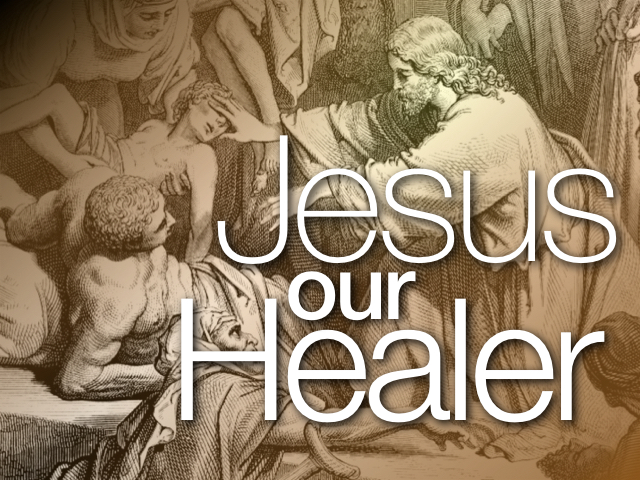
John 6.25-26.
The Galileans had come to the conclusion—maybe not in the right way, and certainly not with all the correct ideas, but nevertheless the correct conclusion—that Jesus is the Prophet-Like-Moses. As a result they were chasing him all over the lake. After all, Jesus had fed ’em bread, just like Moses fed the Hebrews manna. So he’s obviously the Prophet. And he’s gonna work with Messiah to overthrow the Romans, and all sorts of other End Times rubbish which Pharisees had been teaching them. But, y’know, free bread!
Anyway, they returned to Jesus’s home base of Capharnaum, and here he is! So… now what’s he gonna do? Hm? Hm?
- John 6.25 KWL
- Finding Jesus on the far side of the lake,
- the crowd say, “Rabbi, when did you² get here?”
In John, Jesus doesn’t bother to answer their question. He does that sometimes. I suspect it’s because he knows their real question. It’s not the one they say out loud; it’s not the one they hypocritically try to pass off as real concern or real devotion. It’s the self-interested, self-seeking, selfish desires they have deep at the core of ’em. And lest you bash the ancient Israelis for doing this, we Christians all too often do the very same thing. Jesus sees right through us too.
So whenever Jesus’s answers look like non-sequiturs, they’re not really. Jesus responds to what people are thinking, not what they’re saying. Yep, he can read your mail. Any prophet can, and he’s the Prophet, remember?
- John 6.26 KWL
- In reply Jesus tells the crowd, “Amen amen!
- I promise you² you² seek me,
- not because you see miracles,
- but because you² eat of the bread²
- and are filled.”
In other words, they’re not coming to him because he’s the Prophet, and hears God, and can tell ’em what God wants them to hear. They’re not coming to him because of the miracles which indicate this is a guy to heed. They’re coming to him because he fed them. He gave ’em bread. Free bread! Unlimited free bread!
I mean, getting bread back then took work. You had to plant grain, wait a few months, harvest whatever grew, dry it, crush it to powder, mix this flour with water and add it to your starter, wait a day for the yeast to infest it, bake it on your clay oven, and then you could eat it. Jesus skipped every single one of these steps, and there was so much bread they had baskets of leftovers. Well, they want miracle bread. Do it again!
Okay, but… y’know, the guy hears God. (Infallibly hears God, unlike so many wannabe prophets nowadays.) Wouldn’t you wanna hear from God? Wouldn’t you like to have a deeper relationship with him? Wanna grow closer to your Father who loves you?
Nah; just the bread please.
It’s just like the “prosperity gospel.” They want all the treasures of heaven, but don’t want the Father. Don’t want God’s kingdom. They expect to go to heaven when they die, but never intend to make themselves suitable inhabitants for it; they figure that’ll somehow be magically done for them. They expect to love God then, rejoice to see their Father then, but don’t care to seek his face now. They just want material things and pleasant feelings now.
This was nothing new to Jesus. The Hebrews of Moses’s day were just the same way. The Israelis of David and Solomon’s day—same deal. Christians today—same same. People wanna feel justified and sanctified and “spiritual,” without actually obeying the Holy Spirit. ’Twas ever thus.
And Jesus has so much better for us in mind.





